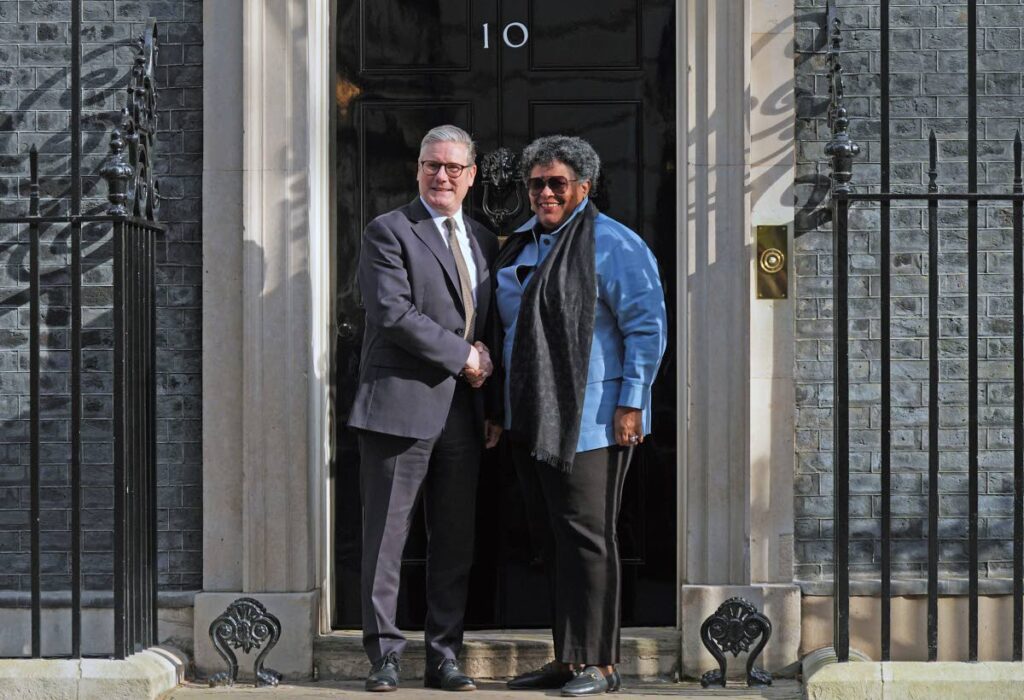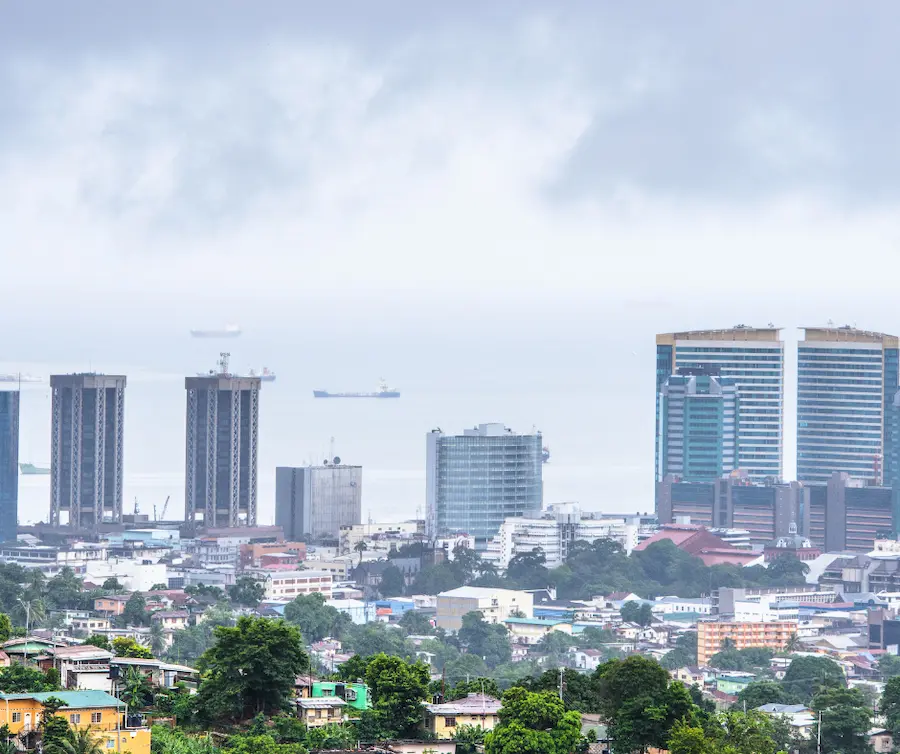

Chair of the Caribbean community, Prime Minister of Barbados Mia Mottley says the heads of state and heads of government of Caricom have been working to diversify themselves away from their dependence on imports, on which Caribbean economies are reliant.
Her statement was in response to US President Donald Trump’s announced ten-50 per cent import taxes on goods from every country except Russia.
Mottley said Caricom heads had already had some success in diversifying, especially in agriculture. She said they were working and would continue to work to become more self-sufficient but there was a long way to go.
She noted that many of the commodities found in supermarkets, malls, hardwares and electronic stores were either purchased directly from the US or passed through the US on their way to the Caribbean region.
She said Caribbean economies were not very large and had always been at the whims of global prices.
>
“If Europe and China and the US and Canada and Mexico are all putting tariffs on each other, that is going to disrupt supply chains, that is going to raise the cost of producing everything, from the food you eat, to the clothes on your back, to the phone in your pocket, to the car you drive down the road, to the spare parts that you need for critical infrastructure. That means higher prices for all of us to pay, and sadly, yes, this will impact all of us, regardless of what any of our Caribbean governments will do.”
She believed the effect would spill over into the tourism sector as the tariff war would affect people’s ability to travel. She called on the private and tourism sectors to work with governments to create an immediate tourism strategy to ensure regional market share numbers were maintained.
Mottley said she was not confident cooler heads prevail across the world and so made several recommendations.
She said first Caricom had urgently re-engaged, directly and at the highest possible level, with its friends in the US. She said the US enjoyed a greater degree of financial benefit from the balance of trade than Caribbean states. She said their inability to distort trade in any way was why successive US administrations went to great lengths to assist in promoting the Caribbean’s abilities to sell in the US under the Caribbean Basin Initiative.
“That spirit of cooperation largely enabled security, social stability and economic growth on America’s third border in the Caribbean, or as we have agreed as recently in our meeting with Secretary of State (Marco) Rubio, what is now our collective neighbourhood.
Rubio met with several Caribbean leaders last month during a visit to Jamaica, Guyana and Suriname.
Secondly, she said Caribbean nations must not fight among each other for political gain because “united, we stand and divided, we fall.”
Her third recommendation was that Caribbean countries redouble their efforts to invest in Caribbean agricultural production and light manufacturing.
“The 25 by 2025 initiative, ably led by President (Irfaan) Ali (of Guyana), seems too modest a target now, given all that we are confronting. We must grow our own and produce our own as much as possible. We can all make the decision to buy healthy foods at the market instead of processed foods at the supermarket.”
>
Fourthly, she said it was important to build ties with Africa, Central and Latin America, and renew ties with older partners around the world, in the United Kingdom, Europe and Canada, to sell Caribbean goods to a wider, more stable market.
“My brothers and sisters, in every global political and economic crisis, there is always an opportunity. If we come together, put any divisions aside, and support our small businesses and small producers, we will come out of this stronger.
“To our hoteliers, our supermarkets and our people, my message is the same. Buy local and buy regional. I repeat, buy local and buy regional. The products are better, fresher and more competitive in many instances. If we work together and strengthen our own, we can ride through this crisis. We may have to confront issues of logistics and movement of goods, but we can do that too.”
To the US she stressed that the Caribbean was not its enemy but its friends. She said many Caribbean people had family members living all over the US, and Americans were welcomed to Caribbean countries for their holidays.
To Trump, she said Caribbean economies were not harming the American economy in any way as they were too small to have any negative or distorted impact on his country. She asked him to consider the decades-long friendship between the countries, and that they talk and work together to keep prices down for all of their people.


